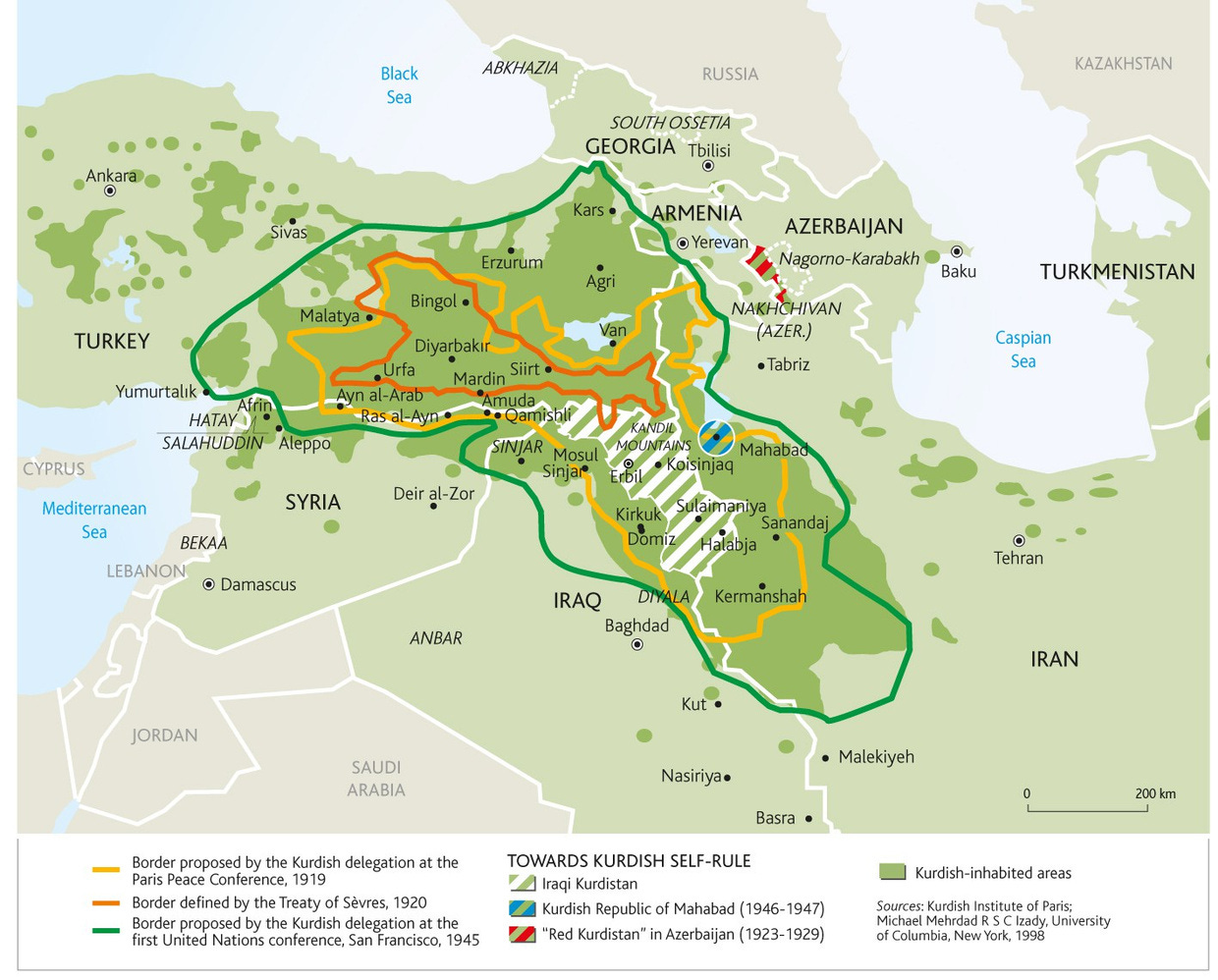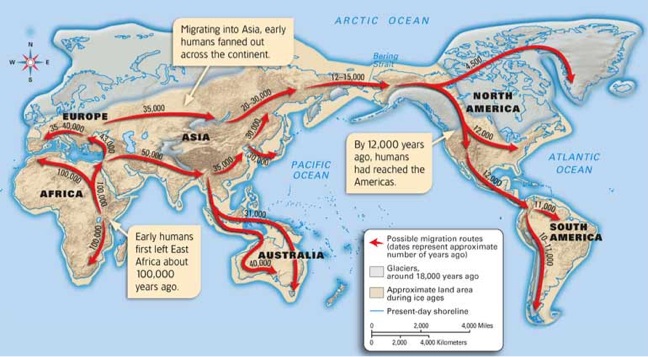|
Did you know that Erdoğan's family originated from Adjara in Georgia? So, who is he to rage against the Kurds while his (parents) roots are in another country.
When Ataturk founded the nation, he wanted a country for all Turks. He would make a big mistake because the Kurds are not Turkish people, Unfortunately, a clear explanation about the historical roots of the Kurds is hard to find like it is about the Turks themselves. Why is that?
 If you want to start from the beginning, you have to look for maps about the western part of the Middle East but named Minor Asia during the Bronze Age If you want to start from the beginning, you have to look for maps about the western part of the Middle East but named Minor Asia during the Bronze Age
During our search for a recognized scientific map concerning the distribution of people, including the Kurds (by the Bronze Age Sumerians called 'Kar-da"), we noticed that such a map could not be found.
The maps but those thousands of years after the Bronze Age, which anyone can find on Google, only tell that there is a Kurdish presence or where the Kurdish language is spoken.
So it is about searching for the answer to the question "Where do the Kurds originally come from?"
In Britannica: "Kurd, any member of an ethnic and linguistic group concentrated in the Taurus Mountains of southeastern Anatolia, the Zagros Mountains of western Iran, portions of northern Iraq, northeastern Syria, and western Armenia, and other, adjacent areas."
In Wikipedia: "Kurds or Kurdish people are an Iranic ethnic group native to the mountainous region of Kurdistan in West Asia, which spans southeastern Turkey, northwestern Iran, northern Iraq, and northern Syria."
In other explanations, the Kurds are described as Ottoman Kurds who lived in the Ottoman Empire. At its peak, the Ottoman Empire ruled North Kurdistan, South Kurdistan, West Kurdistan, and a small part of East Kurdistan. Parts of Greater Kurdistan under Ottoman control are collectively known as Ottoman Kurdistan.
Such kind of information views (maps) and reads as if the Kurds came out from nowhere. But still, if the Kurds are part of the Iranic civilization because of the language, which has been described as Iranian, then the distribution of the Kurds must have started there where that civilization sprouted. Even then, that civilization must also come from somewhere.
People appear to forget that the distribution of a population, whether it is that of the Kurds, is like how human existence started to distribute.

So, when and from where did the Kurdish existence start to distribute, and when and from which other civilization did the Iranic civilization sprout?
Now, there is this question: Why do the Kurds not have a country?
The roots of the Kurdish problem is the same as those of Palestine, the partition of the remains of the Ottoman Empire by the British Mark Sykes and the French Francoise Picot in 1916. The proposal was accepted by the involved parties in 1918.
After the First World War, Jordan, Iraq, and Ottoman Palestine came under British mandate, while South East Turkey, Syria, and Lebanon came under French rule, Southern Turkey came under the Italian sphere, and Armenia came under international supervision.
The map on the left shows the Ottoman Empire in 1914, and the map on the right shows the Sykes-Pivot partition as agreed in 1918.
Many Kurds tried to establish an independent Kurdish state, but they failed to establish the Kingdom of Kurdistan. To avoid unrest, the British granted the northern Kurdish region considerable autonomy, something that the Kurds also had under Ottoman rule but was annulled by Kamal Ataturk in 1923 by viewing the Kurds as Turkish.
|